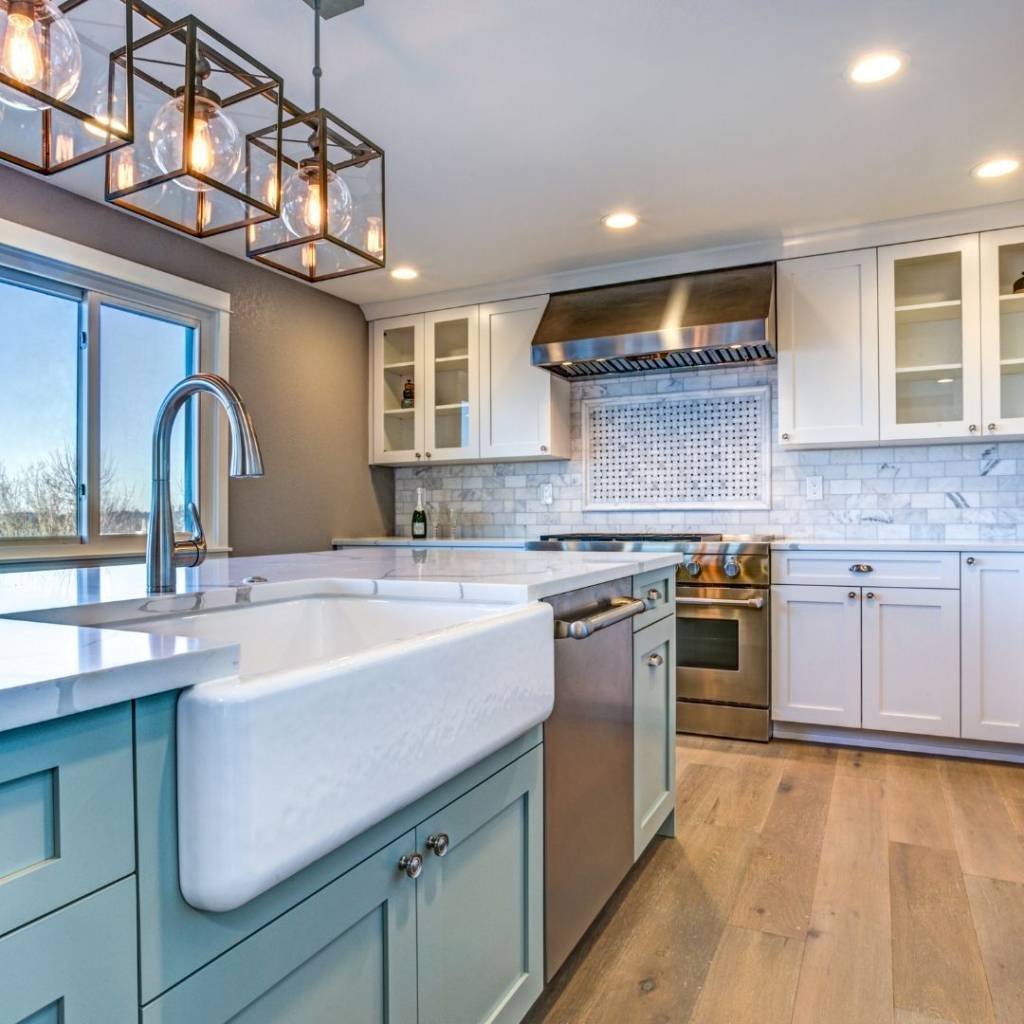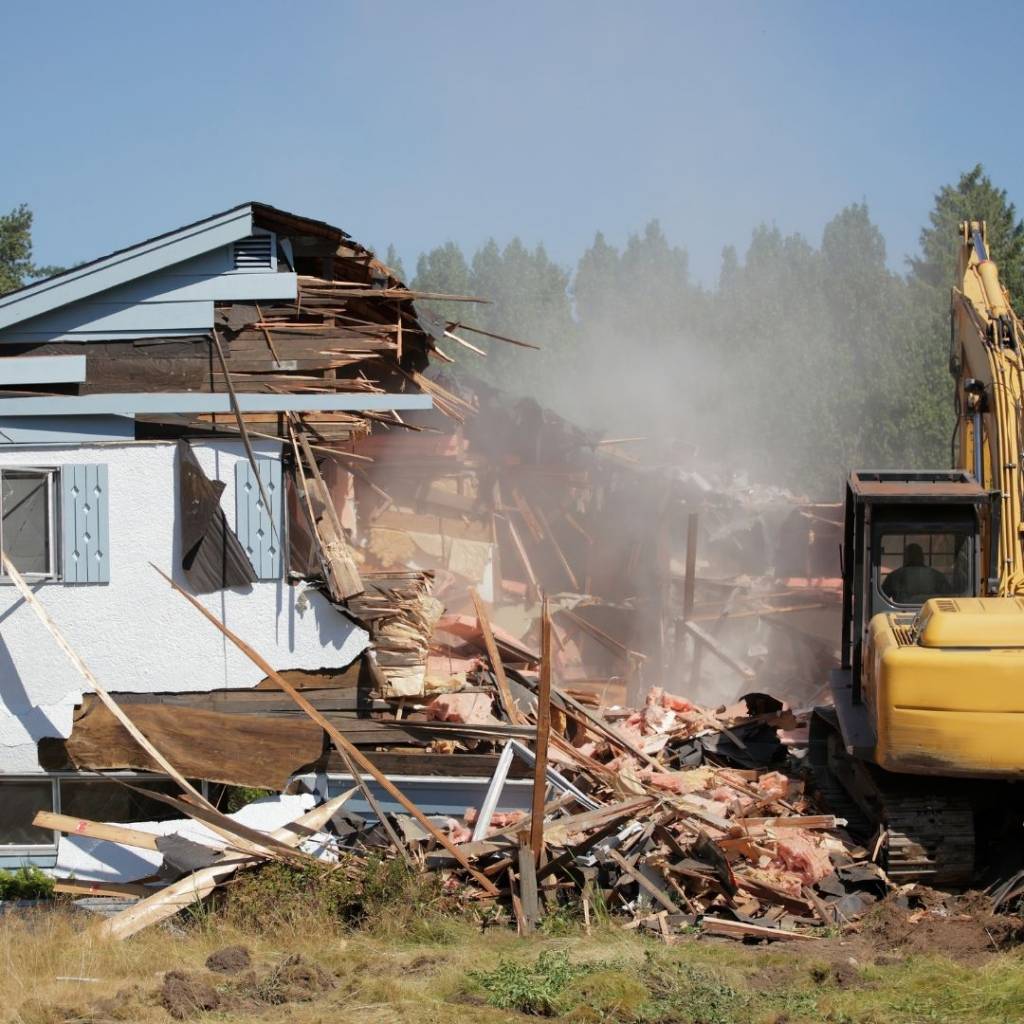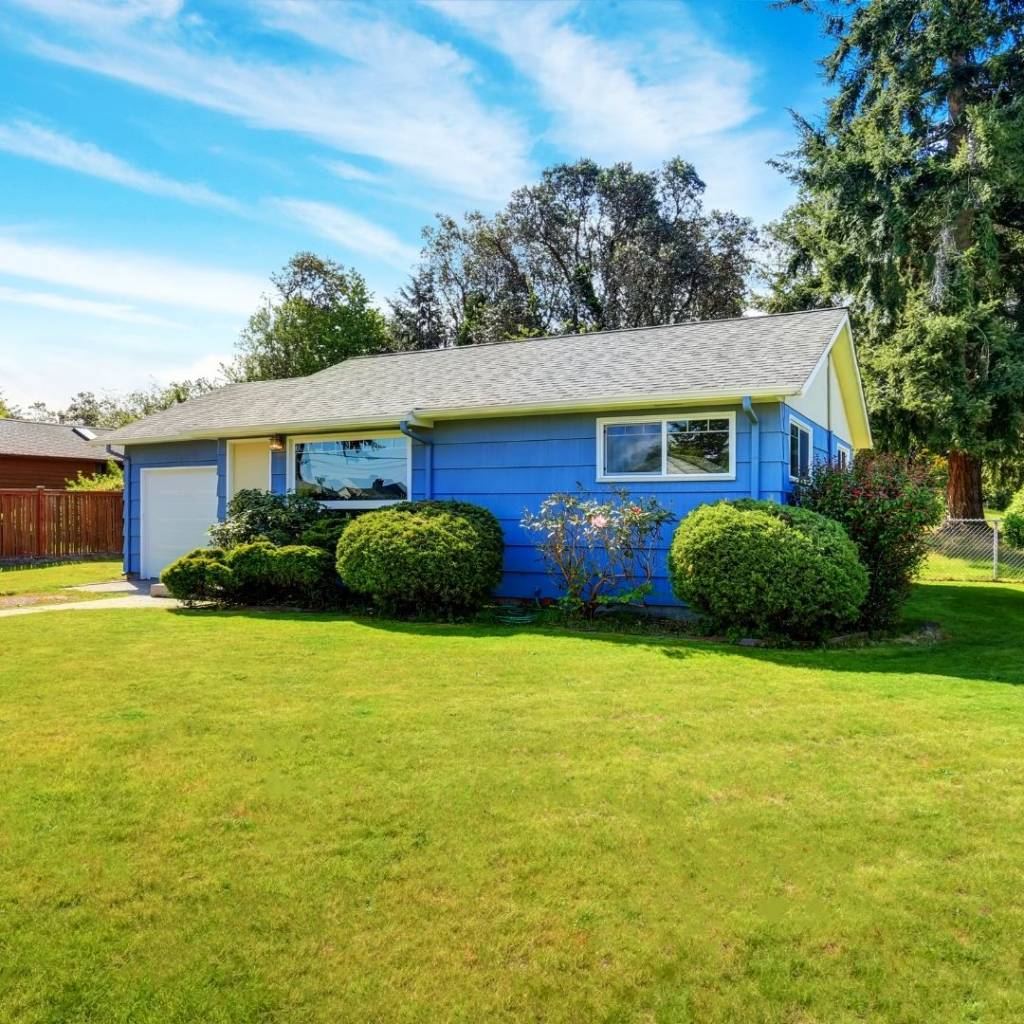Many homeowners wonder what kind of renovations can be done to get the most value out of their home.
James and Denny discuss what sellers should concentrate on when planning to upgrade certain aspects of their property.
This episode will focus on knowing your time horizon, understanding the property value breakdown (structure value versus land value), the importance of good construction, and the increase in renovation and raw material costs.
Watch and listen to the Garbutt+Dumas Real Estate Podcast below and follow us on Spotify, iTunes & YouTube.
NOTES FROM THE EPISODE:
If you are thinking of renovating your home, you may have some of the following questions:
What type of renovations should I do to increase my home’s value?
Is it worth it to renovate my home?
What can I do to decrease my chances of overspending on this project?
The answers to these questions rely heavily on how long the homeowner plans to live in the home. This can also be called the homeowner’s time horizon.
How to Effectively Renovate your Home if you Plan to Live in it for Five Years or Less:
If you plan to live in your home for a shorter period, your primary motivation should be to achieve the maximum return on your investment.
Focus on projects that will substantially impact buyers and increase interest, such as an updated kitchen, cabinets, or flooring. You want to do the minimum amount of work to make it look as good as you can for reselling.
Many buyers consider the kitchen to be one of the main selling features of a home.

The average kitchen renovation in Vancouver costs around $50,000, with prices increasing substantially for large and luxury kitchens. This price can depend on the type of materials, fixtures, and contractor you use.
Updating the cabinets and faucets can significantly modernize the space. New paint and countertops are two of the most common changes that most homeowners make. A possible item to splurge on would be a high-end faucet that will act as a statement piece and add value to the room.
The Appraisal Institute of Canada suggests spending 25% of your home’s value on a kitchen renovation if doing it for yourself. However, a homeowner should only invest 10-15% of the home’s value in the kitchen if you plan to sell. It is essential to factor in your home’s location, compare what other kitchens in similar homes look like, and your budget when planning any renovation before selling. Speak with a contractor or Realtor if you would like more information to help make these decisions.
How to Effectively Renovate your Home if you Plan to Live in it for Ten to Twenty Years (or more):
If you plan to spend a significant amount of time living in the home, invest what you can afford into the upgrades you want. The longer you live there, the more you can justify doing big-ticket items that may not necessarily increase the sale price of your home. This can include drain tile and updating electrical or plumbing.

It is important to remember that a large part of the sale price is based on the land value of that lot. For example, a post-war bungalow home may sell for $1.4 million, but the actual structure is only worth approximately $100,000 because of its age.
Furthermore, in East Vancouver, a house was recently sold for $2 million and then was promptly torn down, signifying that most of that sale price was actually for the 33-foot lot of land in a desirable neighborhood.
Real estate land value is an appreciating asset that will continue to grow as the market does. Under these circumstances, you will not necessarily need to worry about getting a significant return on your renovation investment if you plan to live in the house for a more extended period. When you finally decide to sell in the future, the land value will have likely increased to an amount that would cover those upgrade costs.
Things to Keep in Mind to Effectively Renovate your Home:
Contractors are extremely busy right now, so plan well in advance and start talking to a contractor six months to a year before renovating. Keep in mind that the cost of construction and raw materials are increasing.
City processes are also more expensive and can include costly surveys, arborist reports, and energy requirement updates. Always check in with the city to determine if your total renovation dollar amount could trigger any unanticipated required updates with the city.
Consequently, the sooner you do the renovation, the less expensive it will probably be.
We have seen this trend over the past two years in the suburbs:
- Two years ago (2019), building costs were approximately $150 per square foot
- In the last year (2020), the base price for building costs rose to $200 per square foot (this would be for less expensive finishes and a strict budget project)
- Throughout the next three years (2024), this price is expected to increase from $250 to $300 per square foot
For comparison, the building costs in Vancouver would be approximately $400 per square foot in 2021.
Considering the Building Size When Renovating Your Home

Be cautious of your renovation spending if the home does not take advantage of the full potential of a lot.
For example, if you live in an undersized home (only takes up 60% of the space allowed for that lot), potential buyers could tear down the current building to make a larger house or split the lot. In this case, renovations are likely unnecessary, and you may not receive a return on your investments.
Moreover, there is a market for undersized entry-level homes as more people want to own a house. These potential buyers may already be stretching their finances to buy the home without the renovations. It is essential to know who your sellers may be and what they are looking for in the market.
If the house is close to or larger than zoning potential, use renovations to make it the best version that it can be. Try not to move walls unless you have to.
The value of good construction on a new or well-renovated home has room to appreciate the land value and the structure value over the next five years. There is a higher chance that the next homeowner will keep the building if it is a large house, is built well, and has a great layout.
Every home is unique and requires specific considerations. Contact us for more information on what might be the best type of renovations to get the most value out of your home.
